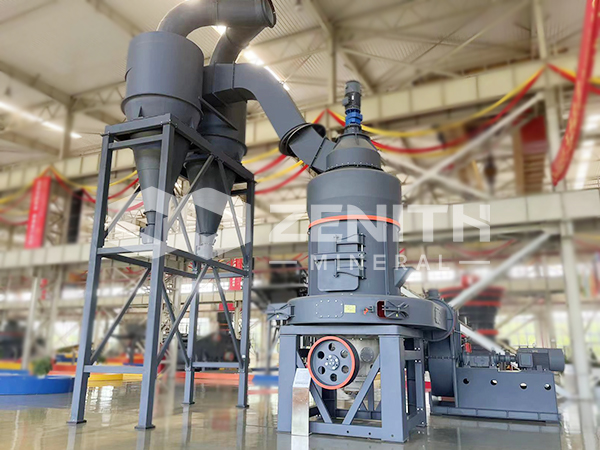Specialized crusher for industrial solid waste steel slag and water slag
2025-11-06 18:31:31
In today's industrial landscape, the efficient processing of solid waste materials like steel slag and water slag has become both an environmental imperative and an economic opportunity. These byproducts of steel manufacturing, once considered waste, now represent valuable resources when properly processed. Shanghai Zenith Machinery, with decades of engineering expertise, has developed specialized grinding solutions that transform these challenging materials into high-value products.
The unique composition and abrasive nature of steel slag and water slag demand specialized equipment that can withstand harsh conditions while delivering consistent particle size distribution. Our MTW European Trapezium Mill has emerged as a particularly effective solution for these applications, combining robust construction with advanced grinding technology.
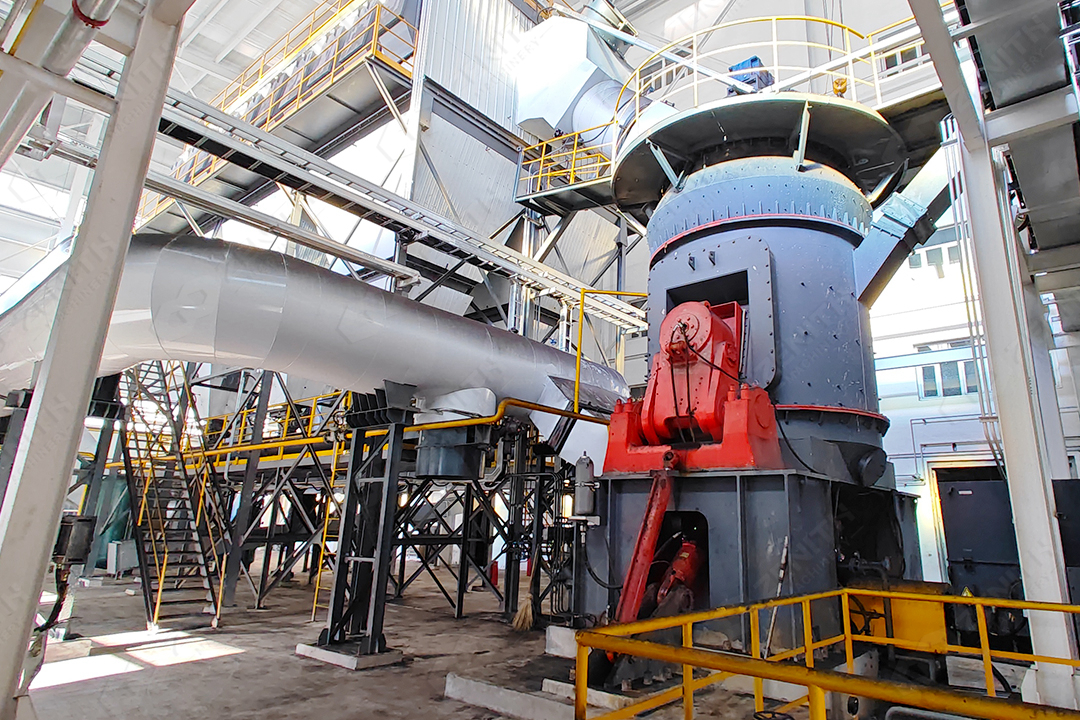
Steel slag, a byproduct of steel production, typically contains various metal oxides and possesses high hardness characteristics. Traditional grinding equipment often struggles with the abrasive nature of this material, leading to excessive wear and maintenance downtime. The MTW series addresses these challenges through several innovative features. The grinding roller and ring are manufactured from special alloy materials that significantly extend service life when processing abrasive substances. With capacity ranging from 3-22 T/H and the ability to handle input sizes up to 35mm, this mill can process steel slag into fine powder between 30-325 mesh, making it suitable for various industrial applications including cement production and construction materials.
Water slag, or ground granulated blast-furnace slag (GGBS), presents different processing challenges. This glassy granular material requires precise grinding to activate its latent hydraulic properties. The LM Vertical Grinding Mill excels in this application, offering automated operation and consistent product quality that makes it ideal for 24-hour continuous running scenarios common in large mineral powder plants. The vertical design ensures high purity of the final product, with effective control over particle size, chemical composition, and iron content – critical factors for slag utilization in concrete and cement applications.
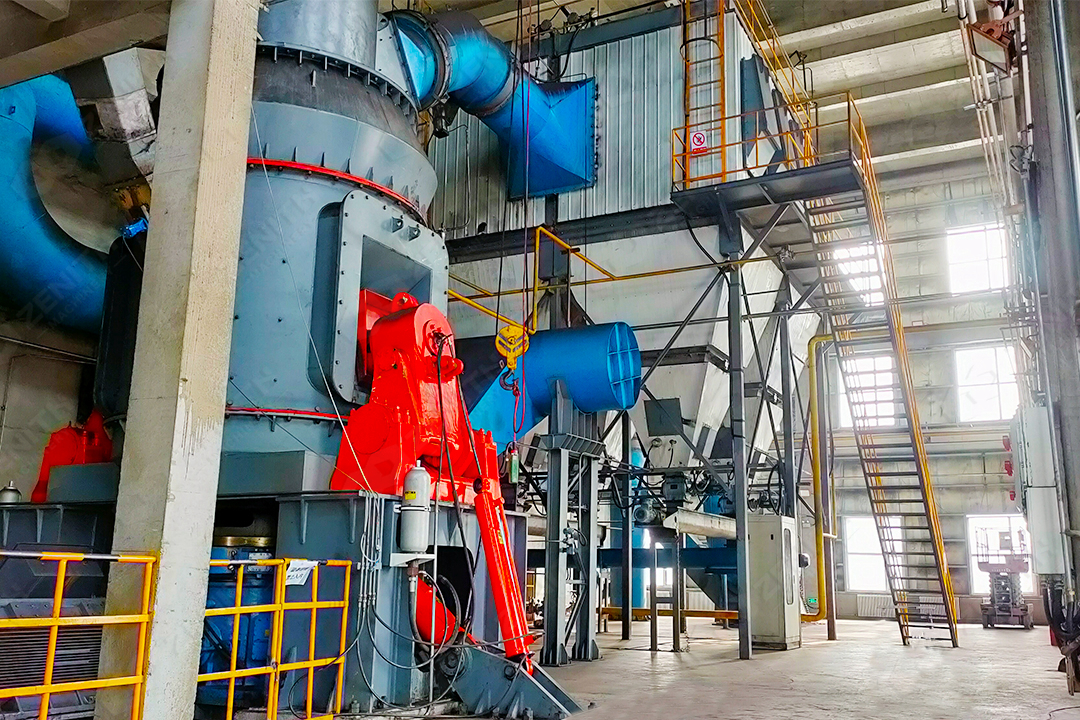
What sets Zenith's approach apart is our understanding that different slag types require tailored solutions. For operations needing ultrafine processing of slag materials, our LUM Ultrafine Vertical Grinding Mill and XZM Ultrafine Grinding Mill offer remarkable capabilities. The XZM series can produce powders ranging from 325 mesh to an impressive 3000 mesh with single classification, while maintaining energy consumption 70% lower than air-flow mills and stirring mills. This level of fineness opens opportunities for high-value applications in specialty chemicals and advanced materials.
The economic advantages of our slag processing solutions extend beyond the equipment itself. The MTW series demonstrates energy consumption more than 60% lower than traditional ball mills of the same grade. This significant reduction in operating costs, combined with lower initial investment requirements due to compact design and integrated production systems, delivers compelling return on investment for industrial operations.
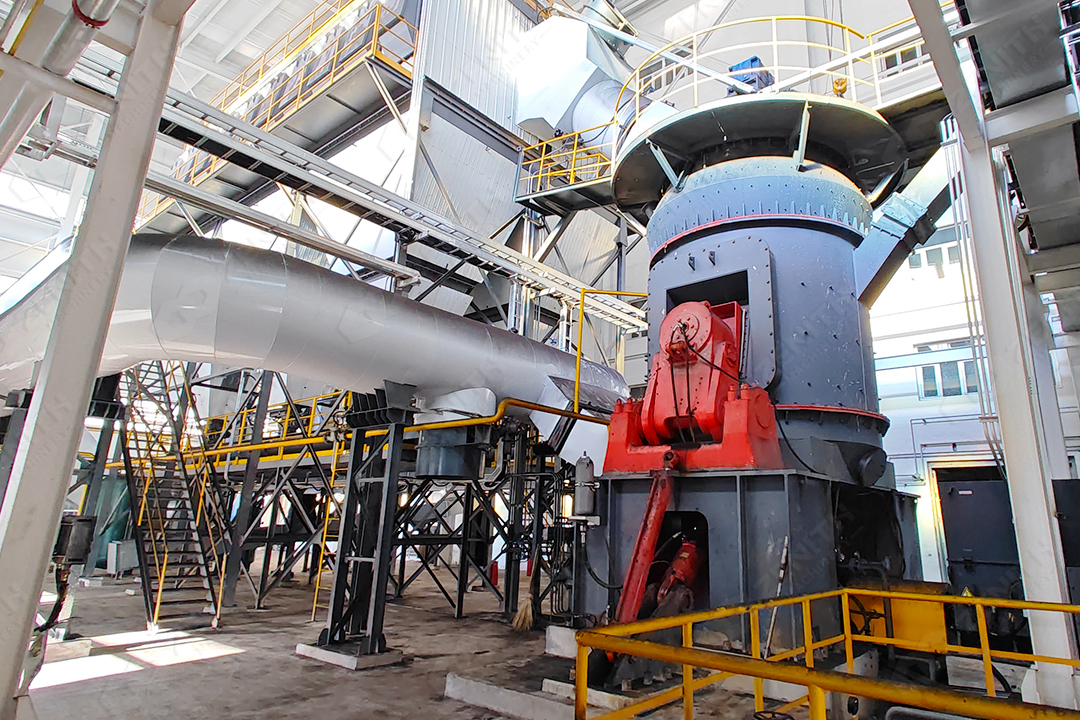
Environmental considerations are integral to our design philosophy. All our grinding systems operate under sealed conditions with negative pressure, effectively containing dust and minimizing environmental impact. The pulse dust collectors integrated into our systems ensure compliance with international environmental standards, making them suitable for operation in regions with strict emissions regulations.
For coarse processing requirements, such as initial size reduction of slag materials, our HM Series Hammer Mill provides an efficient solution. Capable of producing 0-3mm coarse powder with throughput up to 50 T/H, this equipment features optimized cavity design and high manganese steel linings for extended service life when handling abrasive slag materials.
Our global experience, spanning more than 180 countries, has provided valuable insights into diverse slag processing requirements. This international perspective informs our continuous product development, ensuring our equipment meets the evolving needs of the global steel and construction industries. With overseas offices in more than 30 countries and certifications including ISO, CE, and CU-TR, we maintain the quality and reliability standards that industrial operations demand.
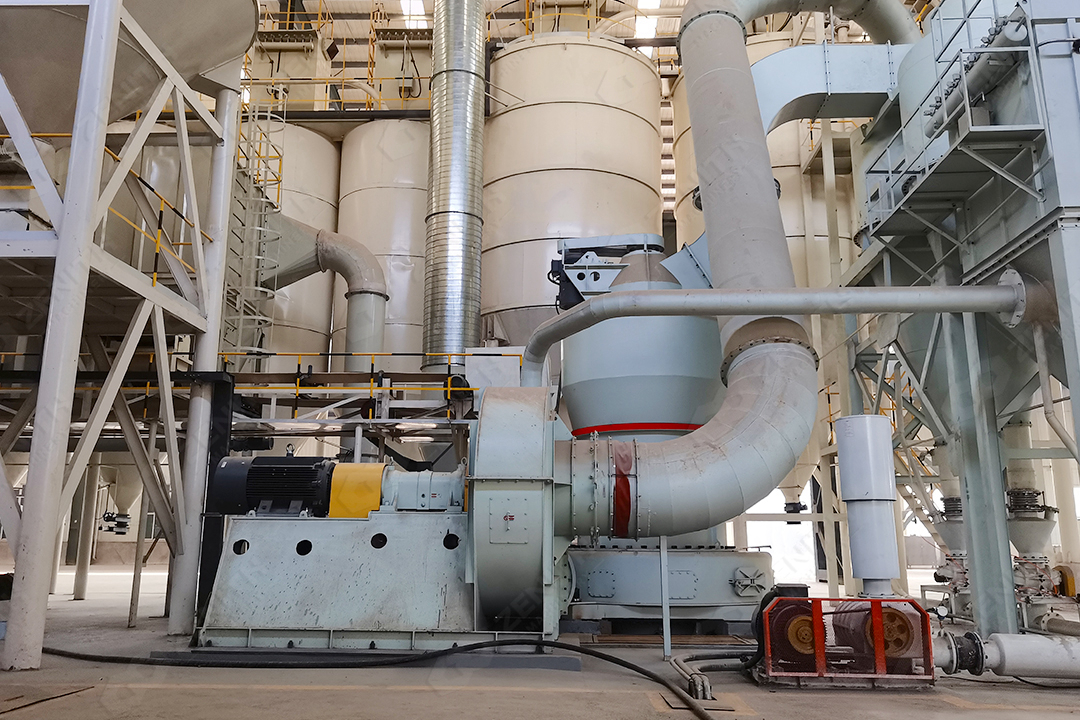
The working principles behind our grinding equipment ensure optimal processing efficiency. Whether it's the centrifugal grinding action of the MTW series or the bed crushing mechanism of vertical mills, each system is engineered to maximize productivity while minimizing wear and energy consumption. The modular impeller adjustment systems in our trapezium mills allow quick changes to product fineness without major equipment modifications, providing operational flexibility for facilities processing multiple slag types.
As industrial sustainability becomes increasingly important, the ability to transform steel slag and water slag from waste products into valuable materials represents both an environmental achievement and business opportunity. Zenith's specialized crushers and mills provide the technological foundation for this transformation, delivering the reliability, efficiency, and product quality that modern industrial operations require.
Frequently Asked Questions
What is the typical particle size range for processed steel slag in construction applications?
Processed steel slag for construction applications typically ranges from 80-400 mesh for most uses, though specific requirements may vary based on the application. Our MTW and MTM series can efficiently produce powder within this range with excellent particle size distribution.
How does the energy consumption of your grinding mills compare to traditional ball mills?
Our MTW and MTM European Trapezium Mills consume more than 60% less energy than traditional ball mills of the same grade under ideal working conditions. The XZM Ultrafine Grinding Mill shows even greater efficiency, with 70% lower energy consumption compared to air-flow mills and stirring mills.
Can the same equipment process both steel slag and water slag?
While some of our mills can handle both materials, we typically recommend different configurations optimized for each slag type. Steel slag's abrasive nature benefits from the wear-resistant components in our MTW series, while water slag processing often achieves better results with our LM Vertical Grinding Mills.
What maintenance requirements should we expect when processing abrasive slag materials?
Our equipment is designed with maintainability in mind. The LUM Ultrafine Vertical Grinding Mill features a reversible structure with hydraulic adjustment, allowing quick repair and replacement of vulnerable parts. Expected maintenance intervals depend on operating hours and slag characteristics, but our wear-resistant materials significantly extend service life.
How does your equipment control dust during slag processing?
All our grinding systems operate under sealed conditions with negative pressure, effectively containing dust. Integrated pulse dust collectors ensure compliance with environmental standards. The systems are designed to prevent dust spillage while maintaining optimal processing efficiency.
What level of automation do your grinding systems offer?
Our equipment features advanced automation capabilities. The LM Vertical Grinding Mill includes an automatic control system with remote and local control switching. Raymond Mills incorporate intelligent control systems that can enable labor-free operation and maintenance in many scenarios.
Can your equipment handle variations in slag composition and moisture content?
Yes, our mills are designed to accommodate normal variations in slag characteristics. The Ball Mill series offers particularly strong adaptability to raw materials, while vertical mills can integrate drying functions when necessary. We recommend discussing specific material properties with our technical team for optimal equipment selection.







